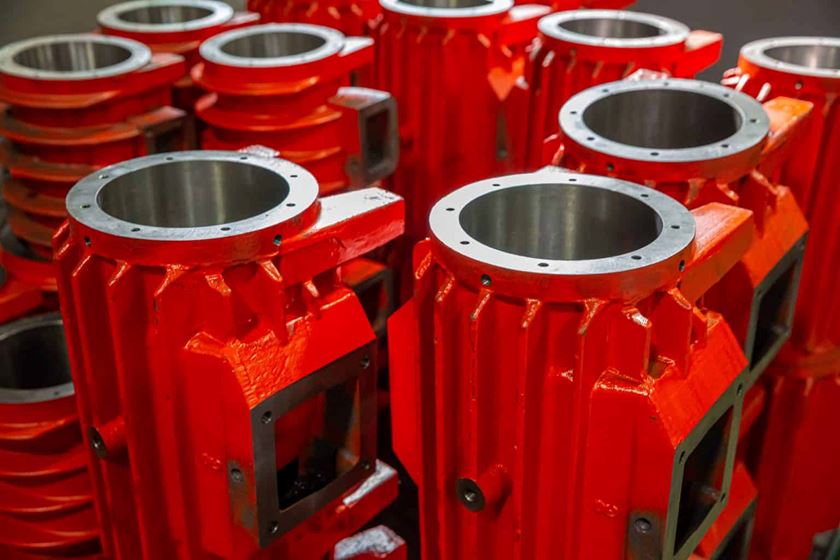“Banned” versus “Regulated”
I like the reference to “regulated” when it comes to federal requirements. Everyone seems to think these materials are “banned.”
COMMENT: Mr. Peterson, just a note to let you know that I appreciate your column. I like the reference to “regulated” when it comes to federal requirements. Everyone seems to think these materials are “banned.”
Also, from a technical standpoint, cyanide is not a metal.
To cite one case in our local community, a contractor was starting up a coating operation that used iron phosphating and powder coating. The city did not even require an environmental impact statement. J.M.
Featured Content
RESPONSE: I appreciate the kind words, J.M. Thanks for reading. I do try make it a point to differentiate when something is banned versus regulated. There are actually very few substances that are banned. And there are a few at either end of the spectrum that are either banned or not regulated at all. Most other chemicals used in industry today are lightly to heavily regulated at the state and/or federal level.
A good example is chlorinated solvents. Most chlorinated solvent alternatives to the banned ozone-depleting solvents such as
1,1,1-trichloroethane and the Freons are regulated (trichloroethylene and methylene chloride), but considered viable alternatives.
I believe your comments related to cyanide, metals and iron phosphating are in response to my December 2007 column that discussed the start-up of an iron phosphating system. The reader was questioning what wastewater issues he needed to consider prior to running his system. I realize that cyanide is not a metal, but an organic moiety with the generic formula R-CN.
My point was that there are several chemicals regulated by metal finishing requirements, and the reader needed to start with the local municipal water authority to determine what he may need to do to comply with local, state and federal regulations. I’m a bit surprised that your local shop would not have any requirements on its pretreatment, unless it’s a zero-discharge system where they will hold waste, possibly concentrate it with an evaporator and then have it shipped offsite for treatment and disposal.
RELATED CONTENT
-
Pretreatment for Painting
Better adhesion, enhanced corrosion and blister resistance, and reduced coating-part interactions make pretreatment a must.
-
Zinc Phosphate: Questions and Answers
Our experts share specific questions about zinc phosphate and pretreatment
-
Conversion Coatings: Phosphate vs. Zirconium
Both phosphate-based and zirconium coatings have their advantages, but zirconium is fast becoming the pretreatment of choice.



















